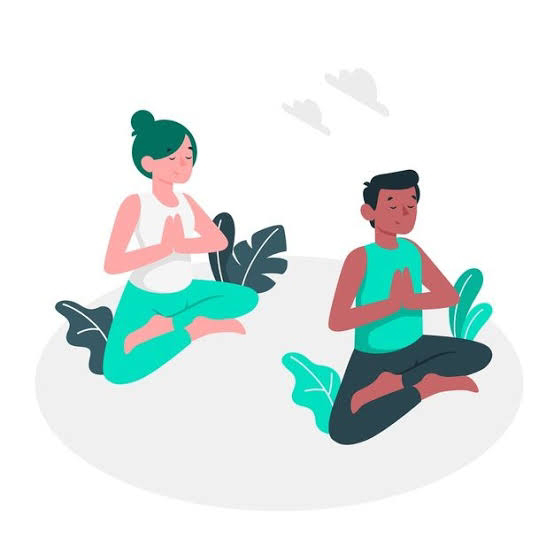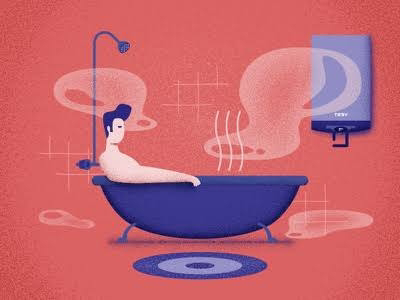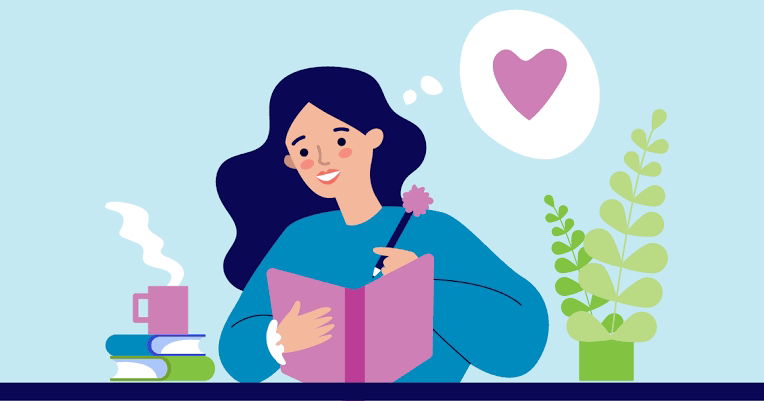Top 10 Night Rituals (Habits to be followed)
Establishing a bedtime ritual can be an effective way to promote better sleep and improve your overall well-being. Here are 10 rituals that can help you wind down before bed:
Create a relaxing environment:
Make your bedroom a calming space by keeping it cool, dark, and quiet. Consider using soft lighting, aromatherapy diffusers, or calming music to create a soothing atmosphere.Practice mindfulness meditation:
Mindfulness meditation can help quiet your mind and promote relaxation. Sit quietly for a few minutes and focus on your breath or try a guided meditation to help you unwind.Stretch or do gentle yoga:
Gentle stretching or yoga can help ease tension in your muscles and prepare your body for sleep. Try a few basic stretches or a simple yoga sequence before getting into bed.Take a warm bath or shower:
A warm bath or shower can help you relax and unwind before bed. The warm water can also help ease muscle tension and promote a better night's sleep.Write in a journal:
Writing in a journal can help you process your thoughts and emotions before bed. Try jotting down a few things you're grateful for, or write about anything that's been on your mind.Read a book:
Reading a book can help your mind unwind and relax before bed. Choose a book that's not too stimulating or intense, and avoid reading on an electronic device that emits blue light, which can disrupt your sleep.Listen to calming music or a guided relaxation recording:
Listening to calming music or a guided relaxation recording can help you relax and drift off to sleep. Choose music or a recording that's slow-paced and soothing.Drink a cup of tea: S
ipping on a cup of caffeine-free tea can help you relax and unwind before bed. Choose a tea with calming herbs like chamomile or lavender.Practice gratitude:
Taking a few minutes to reflect on the positive things in your life can help you feel more relaxed and content before bed. Try listing a few things you're grateful for each day.Disconnect from technology:
Put away electronic devices like phones, tablets, and laptops at least 30 minutes before bed. The blue light emitted by these devices can disrupt your sleep and make it harder to fall asleep.
By incorporating these rituals into your bedtime routine, you can create a peaceful and restful environment that helps you unwind and get a better night's sleep.
Thanks for reading.
Be Prepared
Anik Verma












Comments
Post a Comment